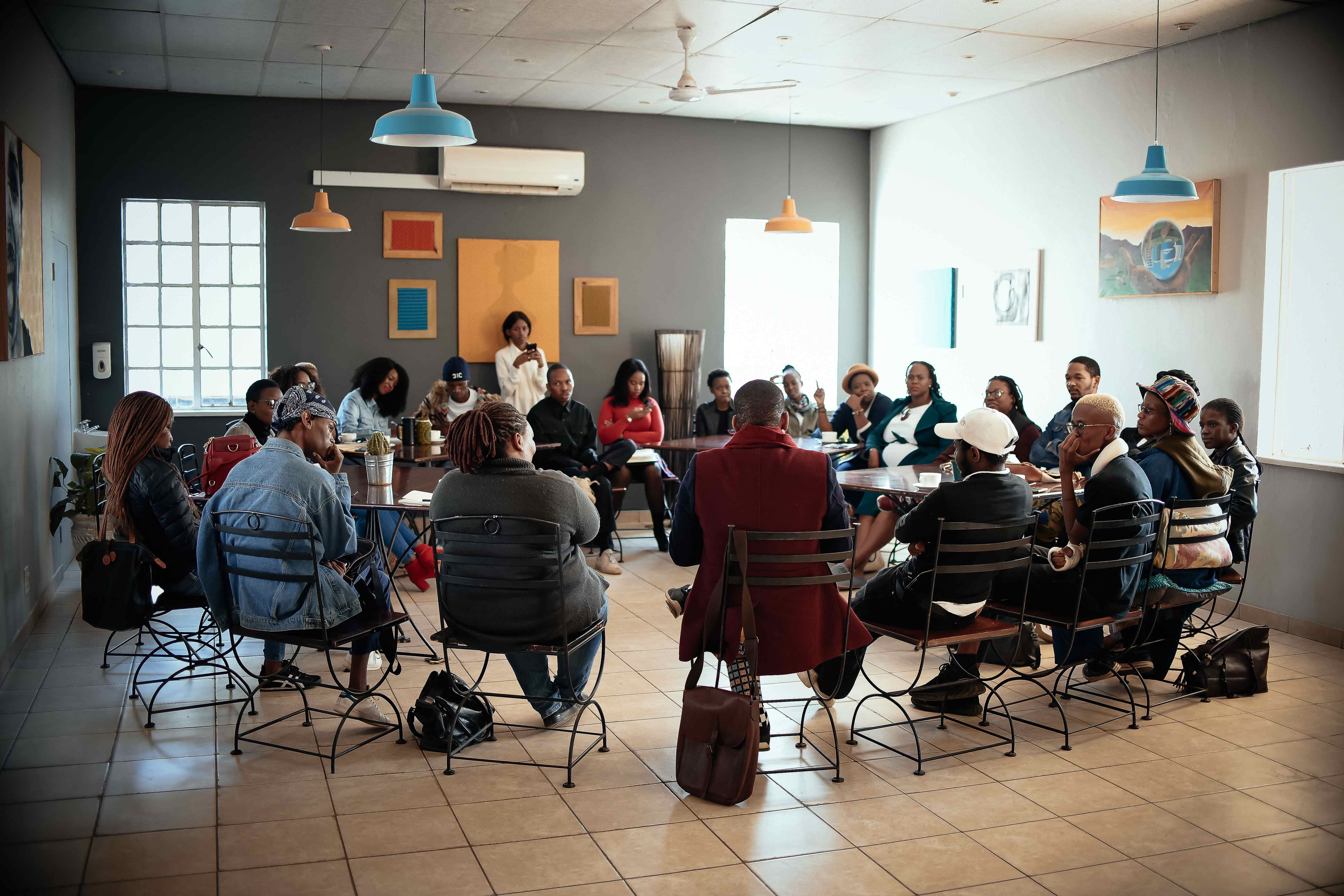10% higher than in the USA
GOSEGO MOTSUMI
Botswana has recorded more than 43% increase in mental health issues among LGBTI people than the general population, The Botswana Gazette has established.
This is more than the United States of America where one in four adults suffer from mental illness with the LGBTIs three times more likely to suffer from mental illnesses. This means that LGBTI people in Botswana experience more depression compared to Americans.
This was revealed by the Coordinator of Black Queer DocX, Botho Maruatona, at Botswana’s first Banana Club platform hosted by ARTvism blog Bananaemoji.com this past weekend at Gaborone Club on Saturday. “There was a sample of 618 queer identity individuals and different variables such as the use of alcohol, tobacco, sexual abuse and violence,” says Maruatona.
“The 2017 study spoke to personal interactions because there is intimate partner violence. It shows that lesbian women experience the highest number of sexual and physical abuse and have been diagnosed with depression. They are followed by transgender women and bisexual women. This information was gleaned from an affidavit. So in terms of mental health illness in the queer community, we are 10% higher than the USA.”
LGBTI people unquestionably experience stress related to their sexual orientation and often internalise the negative messages about being different. They further witness or experience physical assault, which further threatens their sense of physical and emotional safety. Higher rates of mental illness in the LGBTI community such as major depression or anxiety disorder, stems from a variety of factors, including discrimination, oppression, stigma, rejection and lack of access to social support systems and resources.
Event organiser Tanlume Enyatseng said, “The queer community suffers from mental health problems at a high rate, yet there is currently no specialised provision of healthcare for us. This is a big problem, especially when existing facilities do not always prove to be effective. If you’ve ever dealt with mental health professionals who were totally bemused by the way you presented or identified, or have had a loved one who has experienced a mental health crisis, our conversations engaged on that. We are not offering mental health advice but rather looking at how the current system is succeeding or failing.”
Experiences of verbal and physical abuse based on sexual orientation and gender variation are almost universal for the LGBTI community. Deragatory slurs which come from a place of ignorance such as “setabane,” “pharameseseng,” “faggot” have been used to label LGBTI people. As a way forward, most LGBTI persons have stepped into their power and used the same deragatory names to form platforms that share testimonies and in turn create awarness about living their truth.
Brilliant Kodie, founder of Setabane.com says, “The most important thing from now onwards is to address issues within ourselves. A lot of power has been taken away from us through insults and I believe that we will be relatable if we are being true to ourselves. Social media is influential and what I share should be relatable to the next person who is discovering themselves.”
Bradley Fortuin of LEGABIBO shares: “We should be accommodating and creating safe spaces for each other. If we are going to make an impact, we should embrace our individuality and heal our mental stability. Be brave in our queerness and deconstruct and decolonise our way of thinking.”
Banana Club wants to create platforms for dialogue to lead the conversation about key issues in the youth, creatives and predominantly queer community. The club will create a network that works together and builds ties with key stakeholders in this space to challenge discourse, educate, empower and engage Batswana at large on matters affecting the youth, creatives and the LGBTQI+ community. The sessions will happen as and when burning social issues need to be addressed.
Tanlume concludes: “The mental health crisis among queer people is an issue of national relevance. We need to collaborate with the communities we work and live with to find solutions to issues and problems that affect us. All this can be achieved, but the community and concerted efforts are key.”




